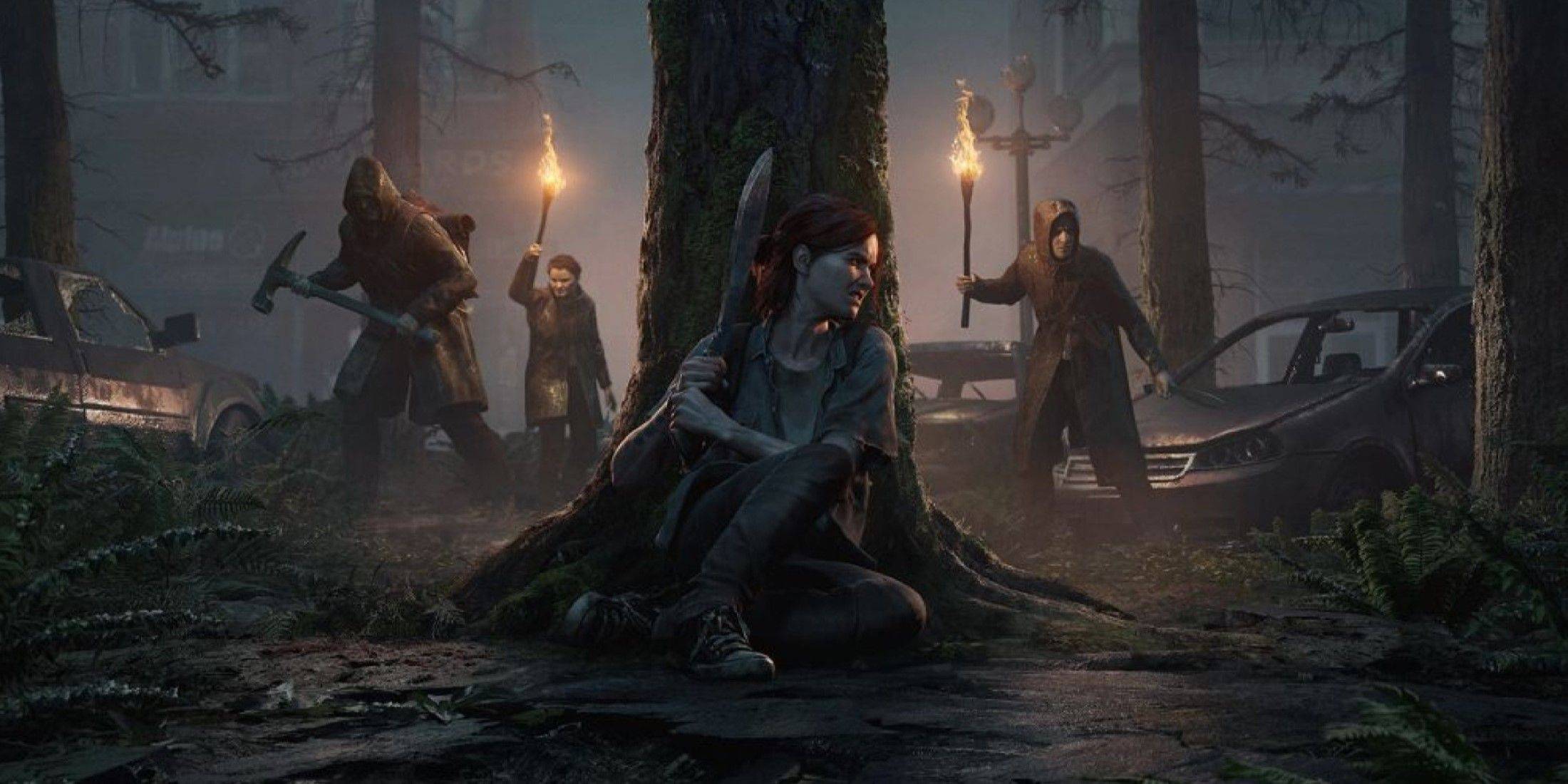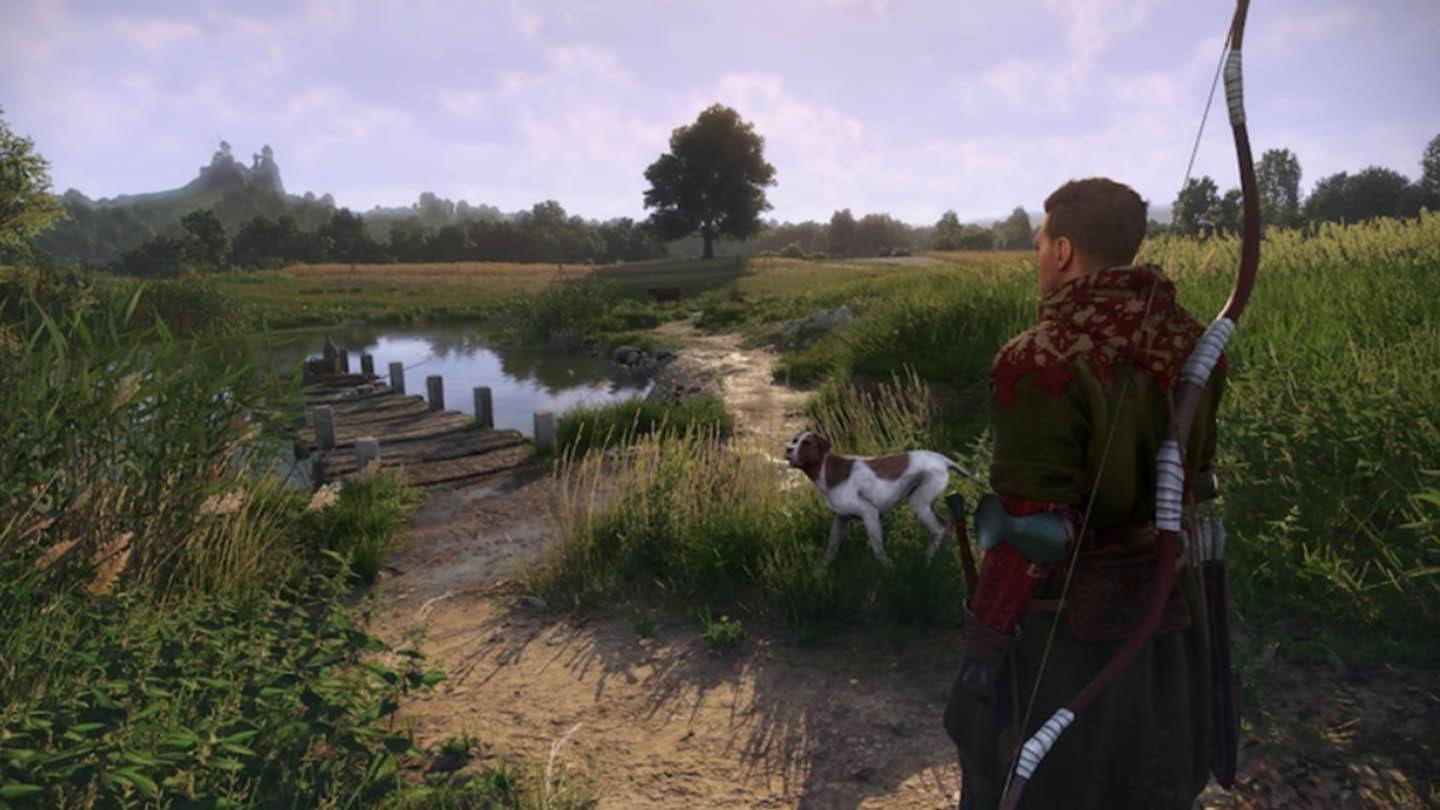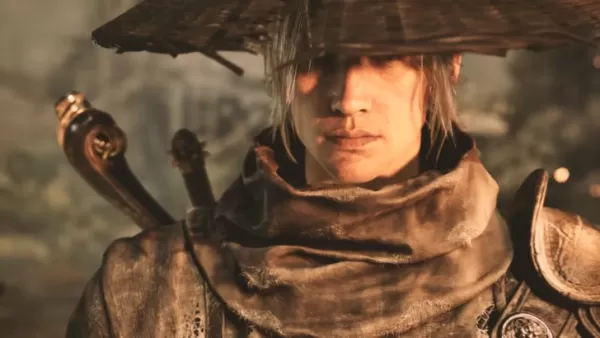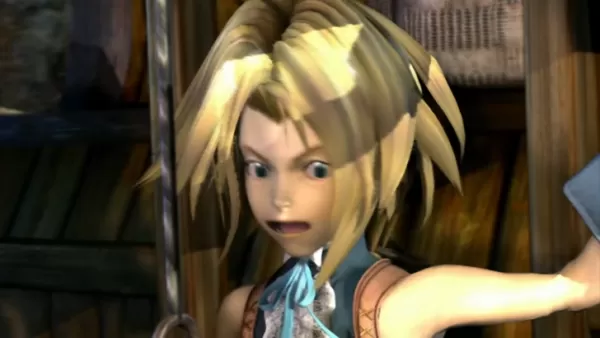Monster Hunter: A Global Gaming Phenomenon
- By Max
- Apr 23,2025
In the lead-up to its global launch, *Monster Hunter Wilds* shattered pre-order records on both Steam and PlayStation, effortlessly following in the footsteps of its predecessors, 2022's *Monster Hunter Rise* and 2018's *Monster Hunter: World*. These sales figures firmly establish Capcom's unique and esoteric RPG series as one of the world's largest video game franchises. Yet, this wasn't always the case. A decade ago, the notion of a *Monster Hunter* game achieving such global popularity would have seemed unlikely. When the original game debuted in 2004, it received mixed reviews. It wasn't until its transition to the PSP in 2005 that the series gained significant traction, primarily in Japan.
For years, *Monster Hunter* epitomized the "bigger in Japan" phenomenon. The reasons were straightforward, as this article will explore, but Capcom remained determined to expand the series' international appeal. The success of *Monster Hunter: World*, *Rise*, and now *Wilds* demonstrates that this effort was worthwhile. Here's the story of how *Monster Hunter* transformed from a domestic hit to a global force.
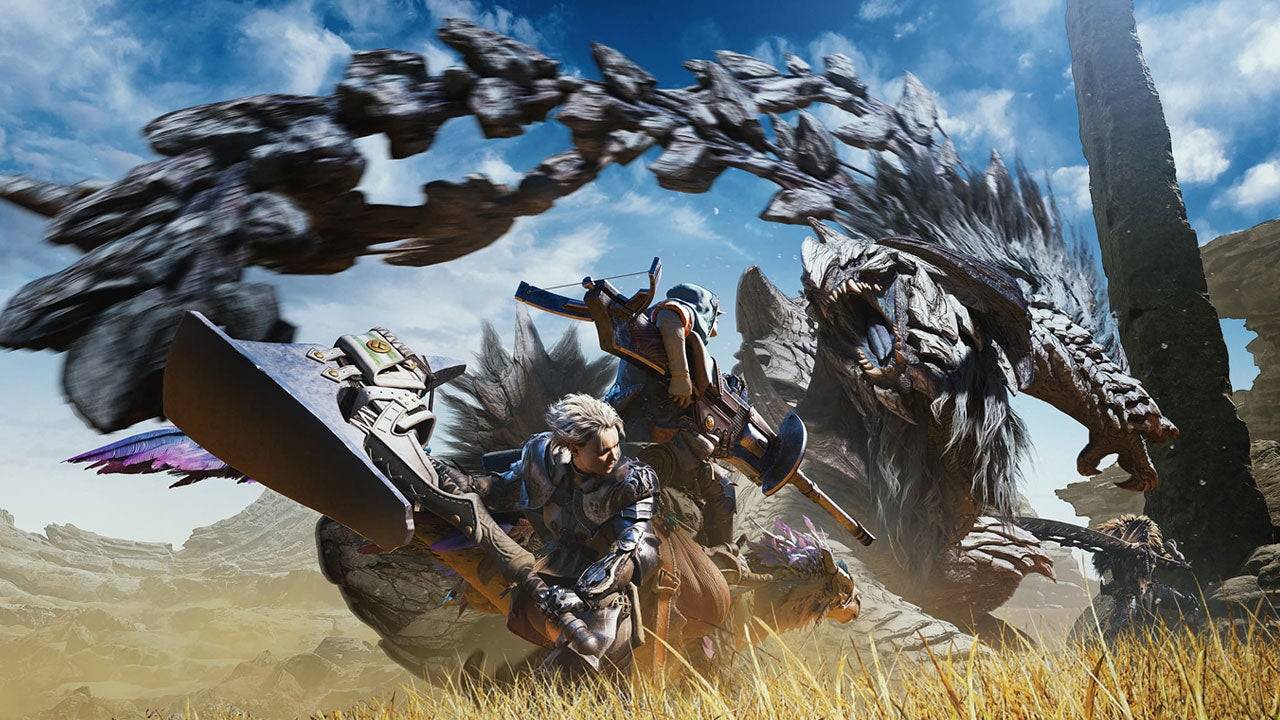
Around the time of *Street Fighter 5*'s launch in 2016, Capcom underwent an internal reorganization to prepare for a new generation of games using the company's brand-new RE Engine, replacing the aging MT Framework. This shift was not just about tools; it included a new mandate to create games for a global audience, not just existing territory-specific fans.
"It was a few factors that came together," says Hideaki Itsuno, a former game director at Capcom known for his work on *Devil May Cry*. "The change of the engine and also all teams were given a very clear goal at that point to make games that reach the global market. [Games] that are fun for everyone."
During the PS3 and Xbox 360 era, Capcom's games seemed to chase an imagined "Western games market." While *Resident Evil 4* was a hit, spinoffs like *Umbrella Corps* and the *Lost Planet* series did not fare as well. Capcom realized it needed to appeal to a broader audience, not just fans of traditional Western genres.
"I think that we had that clear goal of just focusing and not holding anything back," Itsuno says. "Towards making good games that would reach people from all over the world."
Itsuno notes that the period leading up to 2017 was crucial. "The changes in organization and the changes in the engine, all these elements came together around that time," he says. The launch of *Resident Evil 7* that year marked the beginning of a Capcom renaissance.
No other series embodies this new company goal for global success better than *Monster Hunter*. While it had dedicated fans in the West, it was significantly more popular in Japan. The series was not intended to be a Japan-only phenomenon, but several factors contributed to this outcome.
*Monster Hunter* found immense success when it moved from PlayStation 2 to the PSP with *Monster Hunter Freedom Unite*. The handheld gaming market has always been stronger in Japan, as evidenced by the success of the PSP, Nintendo's DS, and later, the Switch. Ryozo Tsujimoto, the series' executive producer, attributes the series' success in Japan to the country's advanced wireless internet network, which allowed gamers to play together seamlessly.
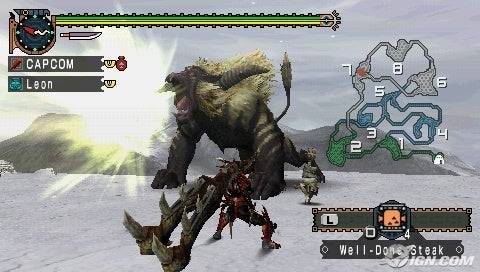
"20 years ago, Japan was in a very, very solid state in terms of the network environments available to people, and being able to connect and to play online together," Tsujimoto says. "And of course, we're not speaking for everyone there, because we realize that there are people who may not have had the chance to play with friends back then. But by moving over to handheld systems, we were able to grow that player base that was interacting and playing multiplayer together."
*Monster Hunter*, which emphasizes cooperative play, thrived on handheld consoles where friends could quickly join hunts. Japan's advanced internet infrastructure meant *Monster Hunter* was initially developed for the local market, though not intentionally. This focus led to Japan-only content and events, reinforcing the series as a "Japan-only" brand.
Despite this, *Monster Hunter* had fans in the West who were eager for more. As internet infrastructure improved globally and online play became standard, Tsujimoto and his team saw an opportunity to launch the most advanced and globally accessible *Monster Hunter* game yet.
*Monster Hunter: World*, released in 2018 on PlayStation 4, Xbox One, and PC, marked a significant shift for the franchise. It was designed for larger, more capable consoles, offering AAA quality action with enhanced graphics, expansive areas, and larger monsters.
"Our approach to the globalization of the series and *Monster Hunter* in general really ties into not only the themes that we had going into designing the game, but also in the name of the game," Tsujimoto reveals. "The fact that we called it *Monster Hunter: World* is really kind of a nod to the fact that we wanted to appeal to this worldwide audience that we wanted to really dig into and experience *Monster Hunter* for the first time."
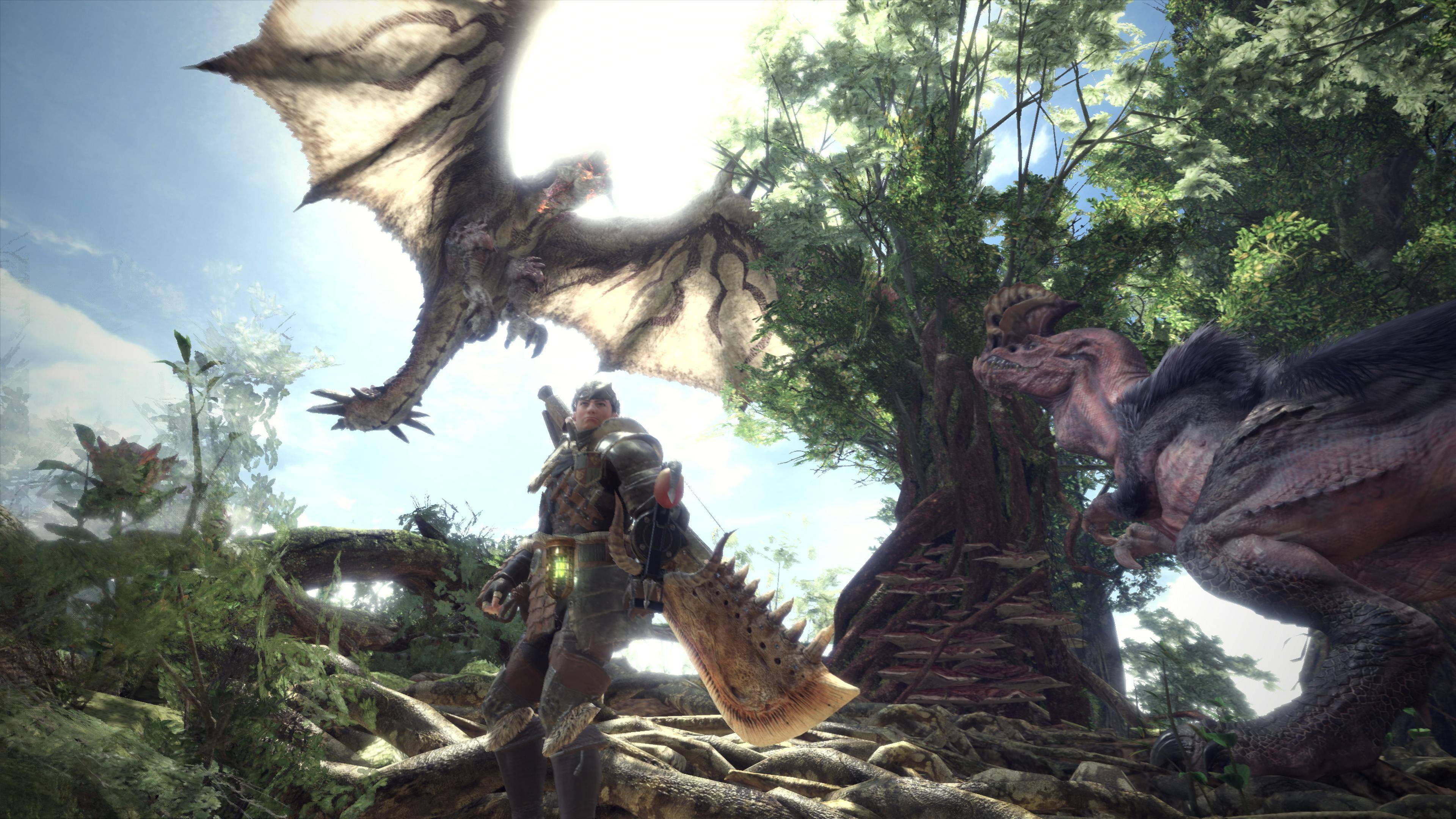
It was crucial that *Monster Hunter: World* did not prioritize one market over another. The game was released simultaneously worldwide, with no Japan-exclusive content, aligning with global standards that players expect.
Tsujimoto and his team conducted extensive focus and user tests worldwide to refine *Monster Hunter*'s formula for broader appeal. "We did focus tests and user tests across the world, and some of the impact of those — the feedback and the opinions that we got during that really affected how we designed our game systems and really affected how much success we had as a global title for that game," Tsujimoto says.
One significant change was the addition of damage numbers when players hit monsters, a small but impactful tweak that contributed to the series' unprecedented success. While previous *Monster Hunter* games sold between 1.3 to 5 million copies, *Monster Hunter: World* and *Monster Hunter Rise* both surpassed 20 million copies sold.
This growth was not accidental. Rather than altering *Monster Hunter*'s core to fit Western tastes, Tsujimoto and his team made the series more accessible to a wider audience without compromising its essence. This approach continues with the latest installment, *Monster Hunter Wilds*.
"At its heart, *Monster Hunter* really is an action game, and that sense of accomplishment you get from really mastering that action is an important aspect of *Monster Hunter*," Tsujimoto explains. "But for newer players, it's really getting to that point. The steps involved in getting to that sense of accomplishment is really what we're trying to strategize for, in terms of designing for new players. So with *World* and *Rise*, for example, we were taking really great care to analyze where players got stuck, what was hard to understand, what they were having trouble with, getting player feedback, and also doing our own kind of research into that. And all of that kind of knowledge has impacted how we've implemented new systems into *Wilds*."
Within 35 minutes of its release, *Monster Hunter Wilds* reached 738,000 concurrent players on Steam, more than double *Monster Hunter: World*'s all-time high. With glowing reviews and the promise of more content, *Monster Hunter Wilds* is poised to continue the series' mission to conquer the world.
Latest News
more >-
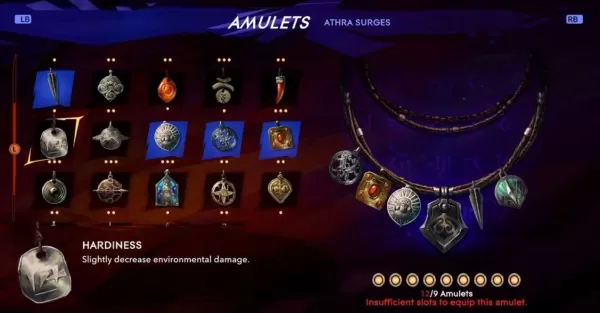
-

- Prime Youth Offer: A Top Deal I Miss As An Adult
- Dec 27,2025
-
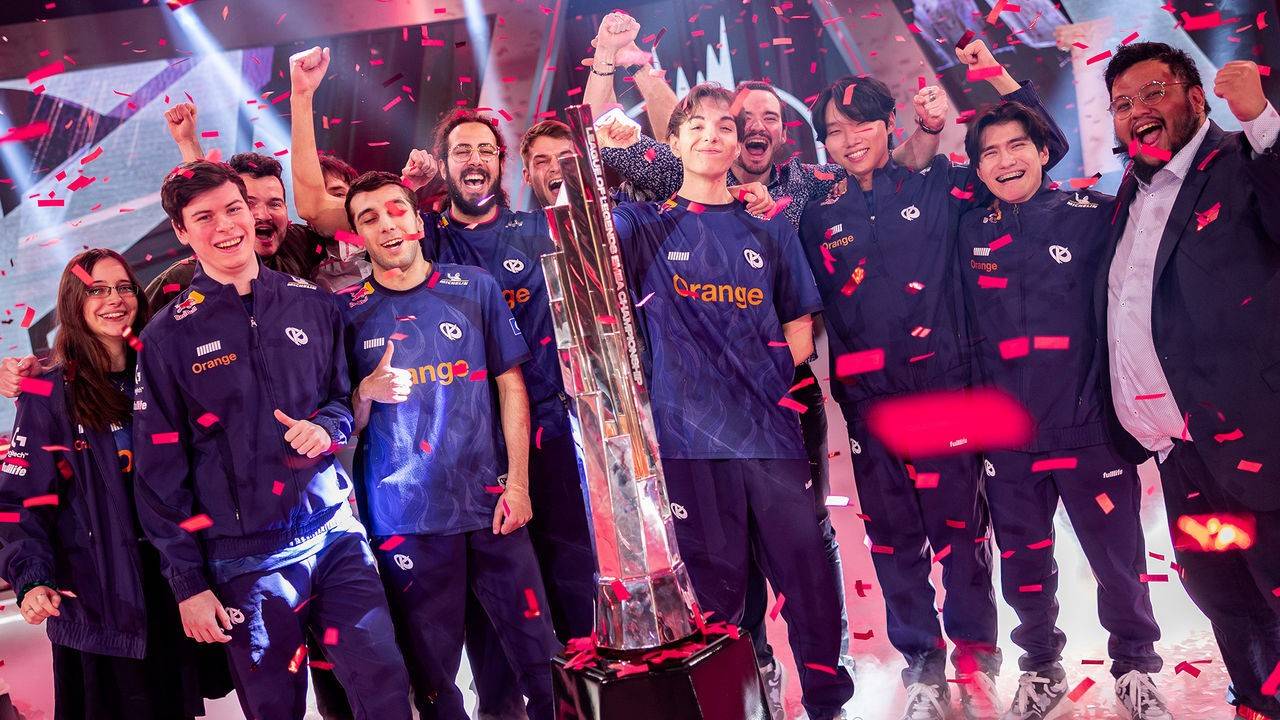
- LoL First Stand 2025: Why It Matters
- Dec 26,2025
-
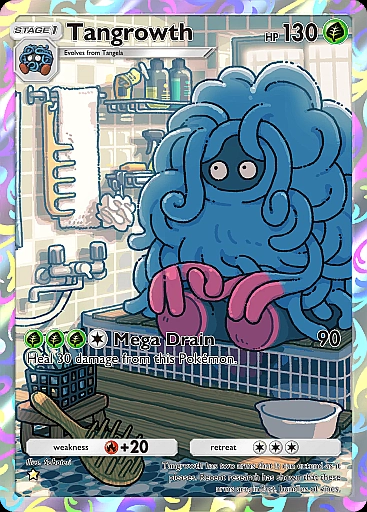
-
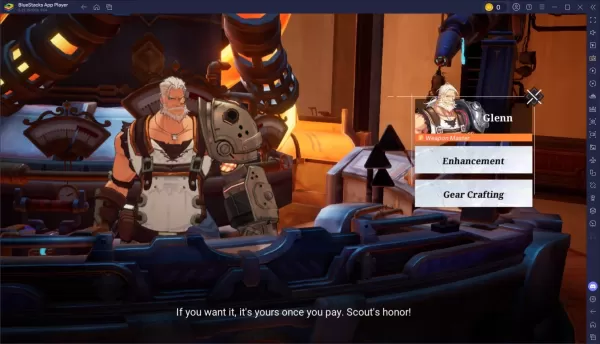
- Atlan Crystal: Boost Gear Quality Guide
- Dec 25,2025
